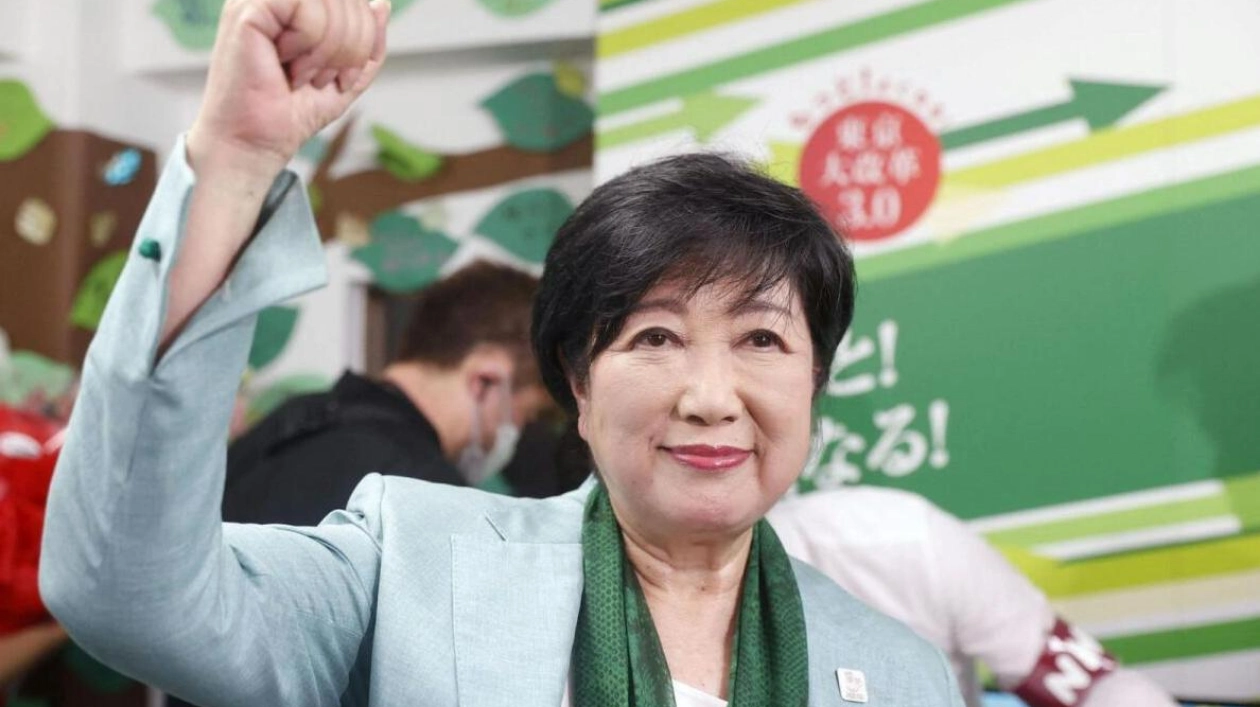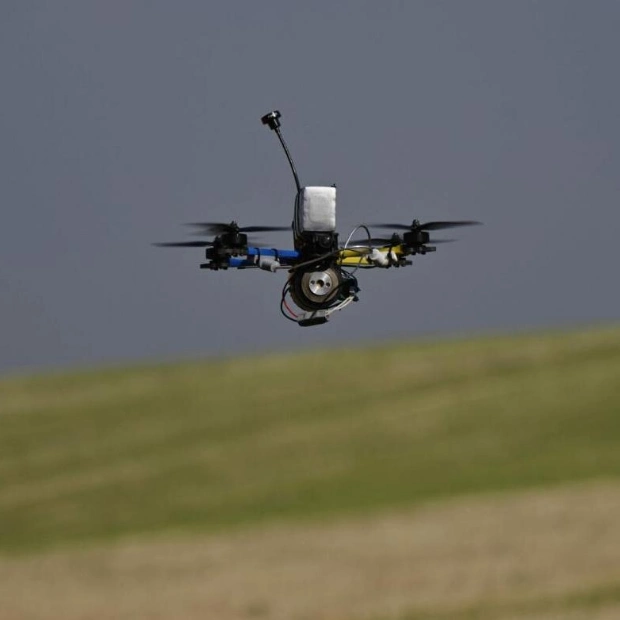Tokyo Governor Yuriko Koike has claimed victory in the election to lead one of the world's most populous cities, following reports from Japanese media that exit polls indicated a decisive win for her. At 71, Koike, who has served as Tokyo's governor since 2016 and has a background as a former minister and television anchor, pledged to enhance the city's welfare, economic stability, and disaster management capabilities. Post-voting exit polls from NHK and other media outlets revealed that Koike had successfully fended off a diverse array of challengers.
Among her notable opponents was Renho, a 56-year-old former opposition lawmaker, model, and TV anchor who competes in Japan's predominantly male political arena using only one name. "With the steadfast support of Tokyoites, I have been entrusted to guide this magnificent city of Tokyo," Koike declared to her supporters, noting her victory in securing a third term as governor of the metropolis, home to 14 million residents. Koike highlighted the current challenges facing Japan and Tokyo, including inflation and a declining birth rate, and emphasized her commitment to advancing Tokyo's reform initiatives and safeguarding the lives and livelihoods of its residents, as she had promised during her campaign.
Japan has yet to see a female prime minister, and the majority of its lawmakers are men, despite Tokyo's significant contribution to the national population and economy. NHK's exit poll also indicated that independent candidate Shinji Ishimaru, a 41-year-old former mayor of Akitakata in western Japan, secured the second position. Ishimaru, a former banker, had highlighted his financial acumen during his campaign. Japanese media suggested that the Tokyo election could influence national politics, given that the opposition bloc endorsed Renho, while Koike received backing from an alliance led by Prime Minister Fumio Kishida's Liberal Democratic Party (LDP), of which she was a former member.
The Japanese government's public support has been waning, currently around 20%, partly due to a political funds scandal uncovered last year. Kishida is set to face the LDP leadership election this year, followed by a national vote scheduled for late 2025. The Tokyo election took place amid new government data revealing a record-low birth rate of 1.20 last year, with Tokyo's rate at 0.99, the first region in Japan to dip below one. Koike and her main rivals committed to increasing support for parenting, with Koike promising subsidized epidurals. "After having their first child, I hear people say they don't want to experience that pain again," Koike remarked during her campaign, as reported by local media. "I want people to view childbirth and raising children as a source of happiness, not a risk," she added. Vote counting commenced immediately after the polls closed, with the official results expected to be announced by early Monday morning. A record 56 candidates participated in the election, with some less serious contenders, including one dressed as "The Joker" advocating for legalized polygamy and others promoting interests such as golf, poker, or advertising their businesses in Tokyo's red-light district.






